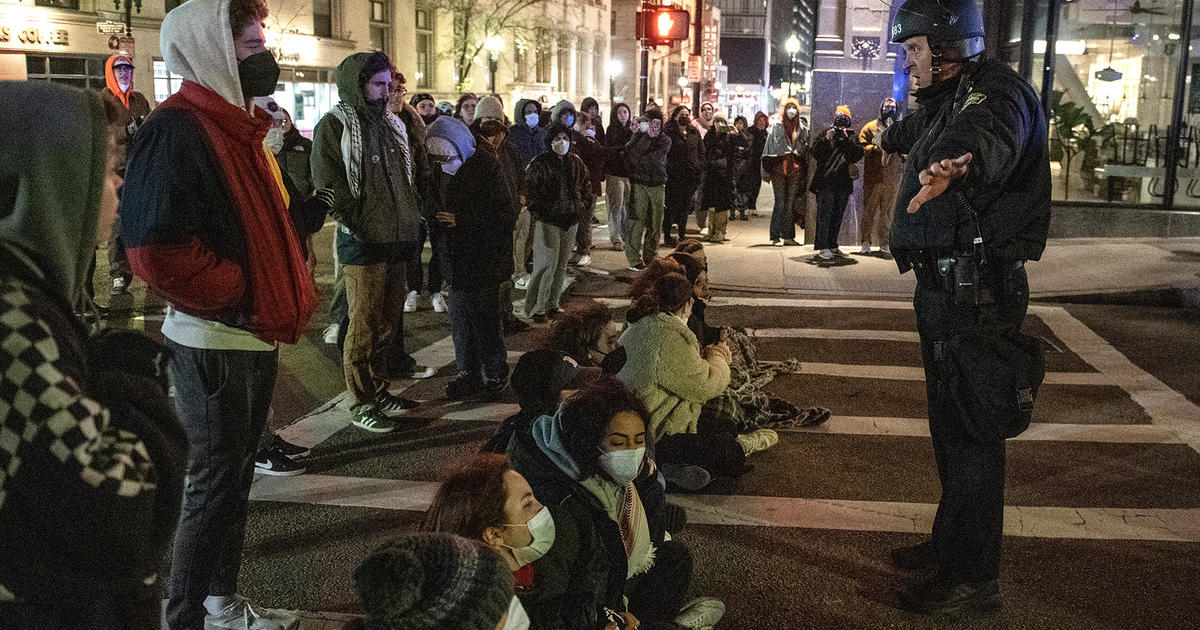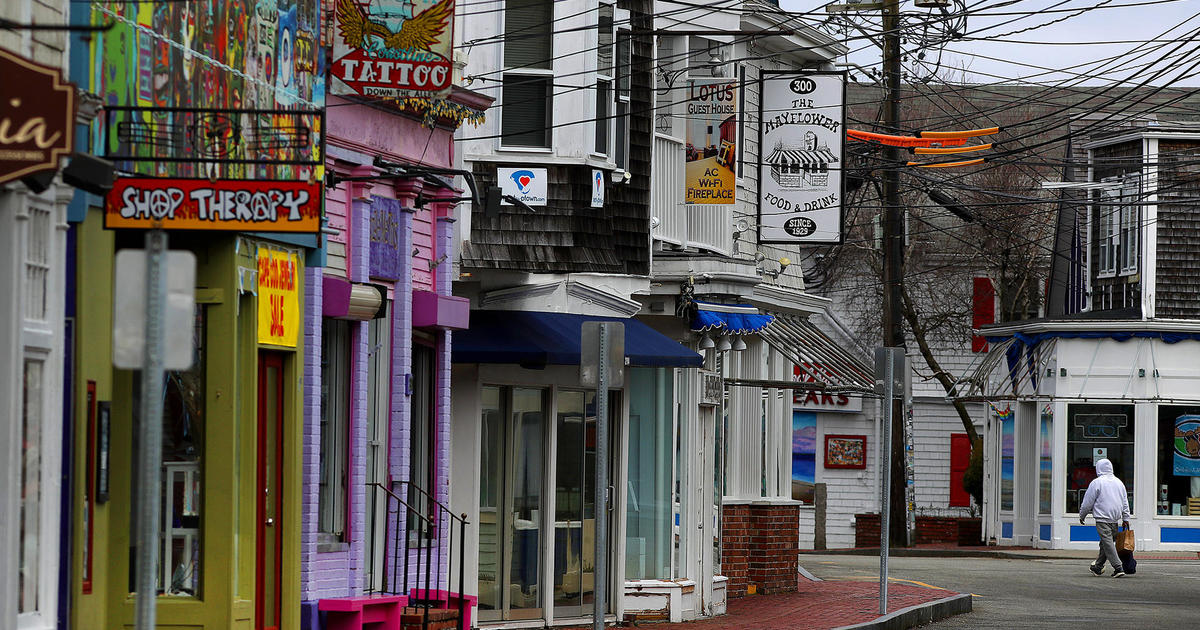The Great Resignation: Workers Are Calling It Quits By The Millions
BOSTON (CBS) - A record number of people are quitting their jobs and it's not over money.
"There's a lot of people making career changes. I mean that 4.3 million number, that's a lot. And if we look at it over the full year, we are probably going to see 33 million people quit in the year," said senior lecturer from Boston University's Questrom School Of Business, Jay Zagorsky.
Sarah Aguirre is one of them.
"I was working remote in a stressful job, and I felt like I wanted to do something to help people in my community and make an impact," she said.
She knew something was missing from her day-to-day.
"I think it was the monotony and the typical 9 to 5."
So she decided to go back to school and is now studying to become a social worker.
Her choice is a relatable one for grad student Javier Rizo.
"People are very unhappy with their work-life balance. There's a lot of power that employers have with determining and dictating people's lives and their schedules, and I feel that resentment, too," Rizo said.
These are some of the reasons behind what's now being dubbed as The Great Resignation.
"There are some industries with really high quit level. For example, hospitality, food, hotels - they have a 6.8 percent quit rate," Zagorsky said.
Zagorsky there are a lot of why people are resigning their jobs.
"Why? Some people don't feel appreciated. Other people had the opportunity during COVID to reevaluate their experience. Feeling valued is really an important thing. People are driven by money, but they are also driven more by meaning. If you find your job meaningful, you stay there. If you don't find your job meaningful, pretty much the only thing that keeps you there is finances. People ask, 'Is the money worth it?' Burnout is real, too. You can feel valued, you can be paid a lot … if your burnt out you can quit too," he said.
"Now hiring" and "Join our team" billboards and signs can be seen all over.
"Hiring right now is quite tough," Zagorsky noted.
Nassib Lutfi is always having to hire for his Brookline café.
"In this business, it's a constant search for employees, so we are constantly looking for people," he said.
His advice to employers to keep the ones you have.
"Make people feel appreciated. Be nice to them. Give them incentive," he added.
The questions on the table now include what will the future bring?
"Are employers going to respond the way the workers want them to? Give them the raises and benefits they want or is it going to more of forcing them back to normal?" Rizo asked.
And just how long will this go on for?
"I think this will last as long as the supply issues will last, so about another year, year and a half," Zagorsky said.
Some industries haven't taken a hit, Zagorsky said.
"One, the federal government - less than 1 percent of all people with federal jobs quit in September, and state and local, just about 1 percent," he said.
And some factors can be ruled out of the mass exodus.
"The Great Resignation is not because the baby boomers are retiring. That's actually a separate category in the data. The retirement rate is not part of the quit rate, so it's not people saying, 'I'm going to retire and move to sunny Florida," he added.



